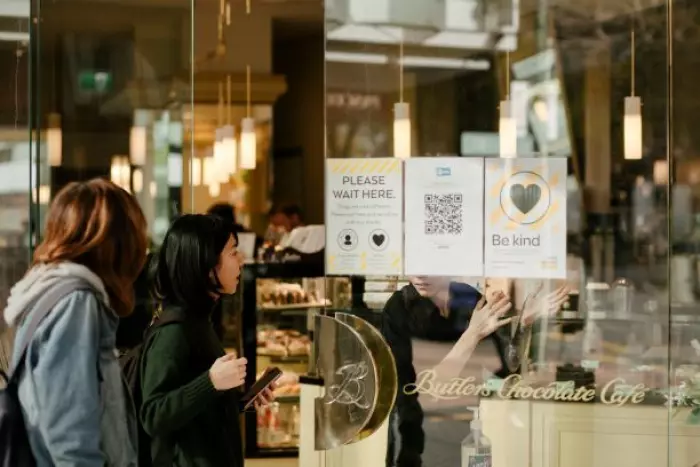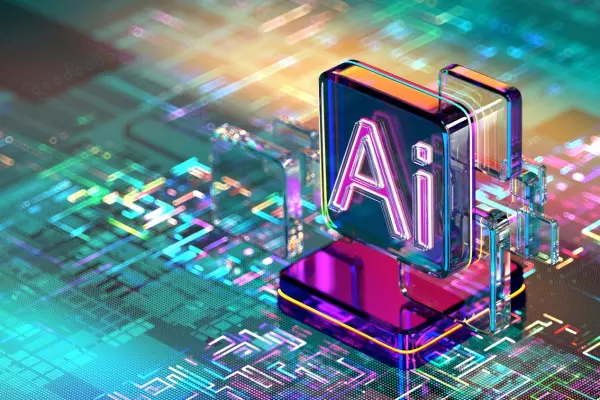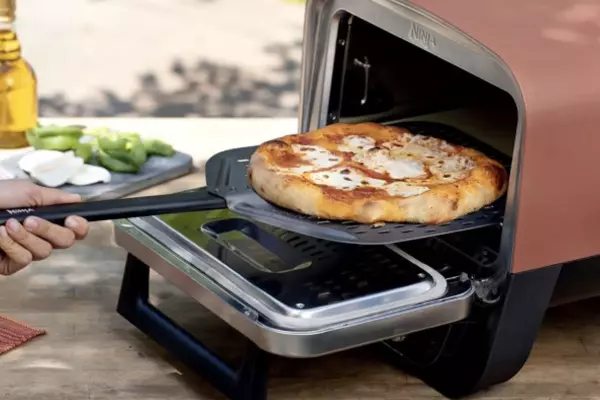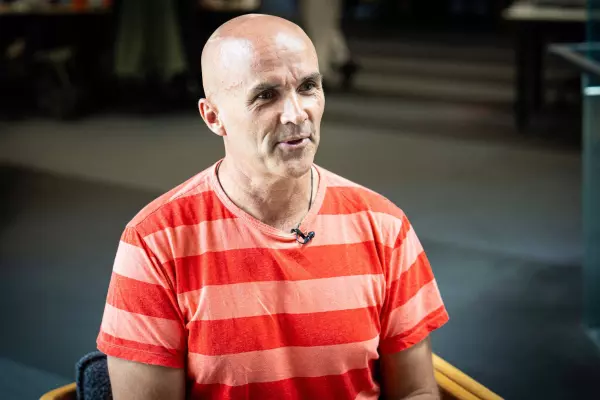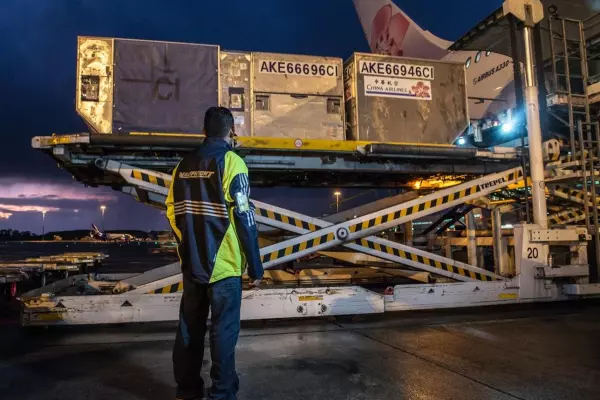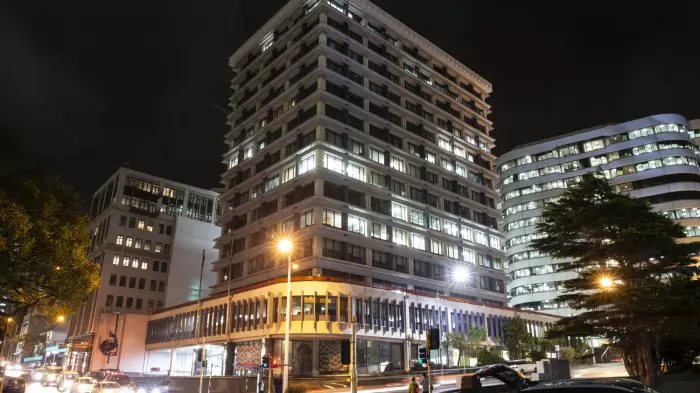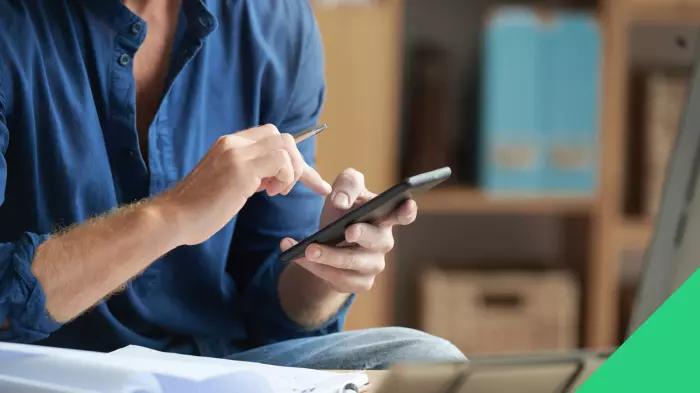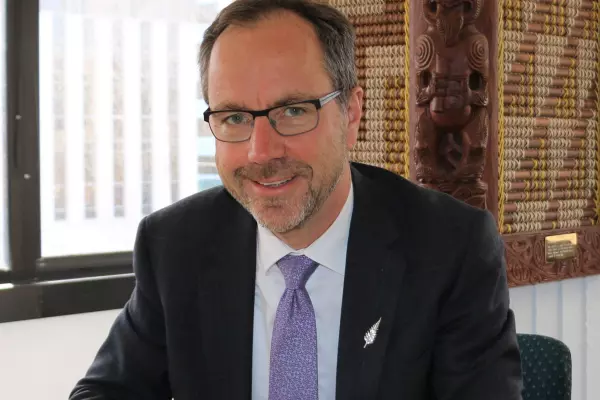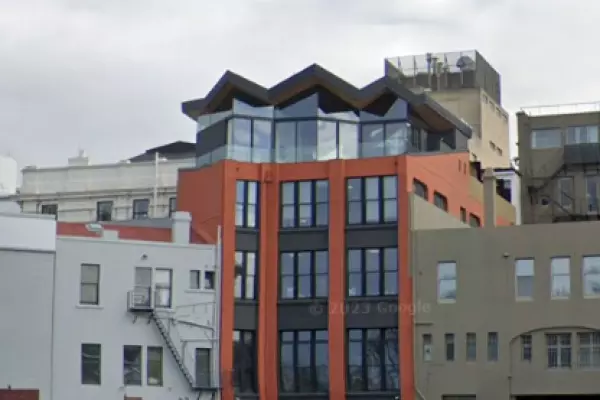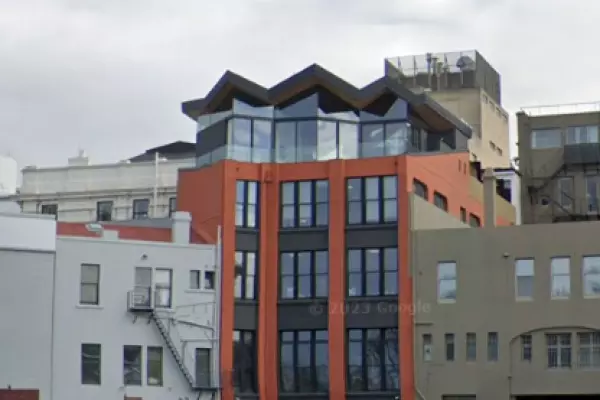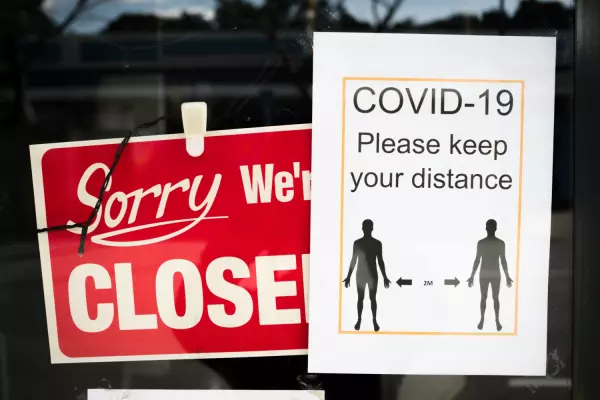On the Wellington Christmas drinks circuit this week I’ve bumped into several scientists who have been heavily involved this year in advising on our covid-19 response.
They are tired and looking forward to a well-earned summer break. But they are also nervous. They think we have become too complacent about covid-19.
“We may be going on holiday, but the virus won’t be,” one leading epidemiologist pointed out.
As we head away on our summer holidays, the fear is that the thousands tasked with staying behind to mind our managed isolation facilities will let their guard down.
The rest of us, face masks and sneezing etiquette long forgotten, could quickly turn a quarantine hotel slip-up into a fast-moving outbreak.
App-athy
We are still advised to use the NZ Covid Tracer app to check into bars, restaurants and retail outlets. But if levels of current use are anything to go by, apathy has definitely set in.
On Monday, only 8 percent of the app’s users actually scanned a QR code.
If we get an outbreak, digital contact tracing based on that level of usage won’t do much good. That is why the launch today of Bluetooth-based functionality in the Covid Tracer app, which will allow other smartphone users in close range to be automatically detected and logged in a secure form, is so important.
Based on the Apple/Google Exposure Notifications System, the Bluetooth capability, we are constantly reminded, is no “silver bullet” in stopping a community outbreak.
But the update to the app released today makes it very easy for someone to enable automatic tracing, which gives the health sector a better chance of tracking down close contacts of the infected.
Bluetooth capability is long overdue.
Irish tech company Nearform was given five days by the Irish government to come up with a prototype for a Bluetooth-based app.
Upon its release in July, the Covid Tracker app had rapid uptake. It currently has 1.3 million active users of the 2.2 million who registered with it, 34 percent of over 16 year-olds in the Republic of Ireland.
Tracking the Irish
Like most European countries, Ireland is in the midst of a second wave of the pandemic. It had 215 new cases reported on Tuesday and one death. It’s still unclear how much of a difference the app has really made.
But Covid Tracker tells me when I log in for a look, that 10,223 people were sent a “close contact alert” as a result of the system detecting that they had come in contact with someone infected.
Some 5,608 people uploaded the random ID the system generates for them to allow other app users to be quickly alerted that they rode the bus, dined in a restaurant or stood in a shop queue with a person who had the virus.
New Zealand, like dozens of other countries, is now adopting 'Covid Green', the Irish version of the system.
That’s a smart move and one likely to maximise public trust in the new Bluetooth component of the app, which could be perceived as allowing the government to track your movements.
The app uses a decentralised model, so no data leaves the user’s smartphone and their identity is anonymised.
It is based on open-source technology and the source code has been published, allowing developers to pore over it for security flaws.
It’s a voluntary and opt-in system which requires the user to manually turn on the Bluetooth-based tracing in the app.
Privacy assured
“There is no real risk to privacy,” says Professor Dave Parry, from the Department of Computer Science at AUT.
“At each stage, you have to choose to release your data and all the tracing centre knows is the original person who tests positive, which they know anyway.
“If you are a potential contact, you just get an alert asking you to communicate with the tracing people.”
From a privacy perspective, it ticks all the boxes, which is what NearForm’s technical director, Colm Harte credits for the strong uptake of the app in Ireland.
Beacons of hope
But Parry suggests we can go further, by automating the process of checking-in to locations, which currently involves us scanning a QR code.
By using Bluetooth beacons, small wireless transmitters that detect and connect to smartphones in range, users could be checked in automatically.
It would require sending the beacons out to each business. But at $20-to-$30 each, they are a fairly cheap solution.
“It would mean not having to get your phone out to scan the QR codes and could also let you carry a card or bracelet if you don’t have a phone,” says Parry.
That could prove incredibly useful in hospitals and managed isolation facilities.
A trial of locally developed Covid Card devices is also underway, which will help decide whether they could act as a stand-in for those without a smartphone or for specific use at the border or in quarantine facilities.
Beyond covid… what else?
If we can get good uptake of the app’s Bluetooth function over summer, we will be doing well. But many in the tech community are already eyeing up the future potential of the app.
Never before have so many Kiwis downloaded an official government app. It could remain, beyond covid, as an app for similar public health emergencies.
In the next year or two, it could serve to carry your digital covid passport, recording your vaccinations, proof of which may become a requirement for entry to some countries.
But what else could it be used for?
The government would need to be very careful in pondering that question.
To extend the Covid Tracer app’s functions beyond what it was originally intended for would risk blowing public goodwill.
But the privacy built into the app and its potential to securely integrate with other systems represents great potential to serve the public good. Someone in government should at least be thinking about what the app could become beyond the pandemic.
You can download the NZ Covid Tracer app from the Apple App Store or Google Play store. The app will automatically update to include Bluetooth functionality from Dec 10. You will need to manually turn on Bluetooth capability in the app’s settings.


